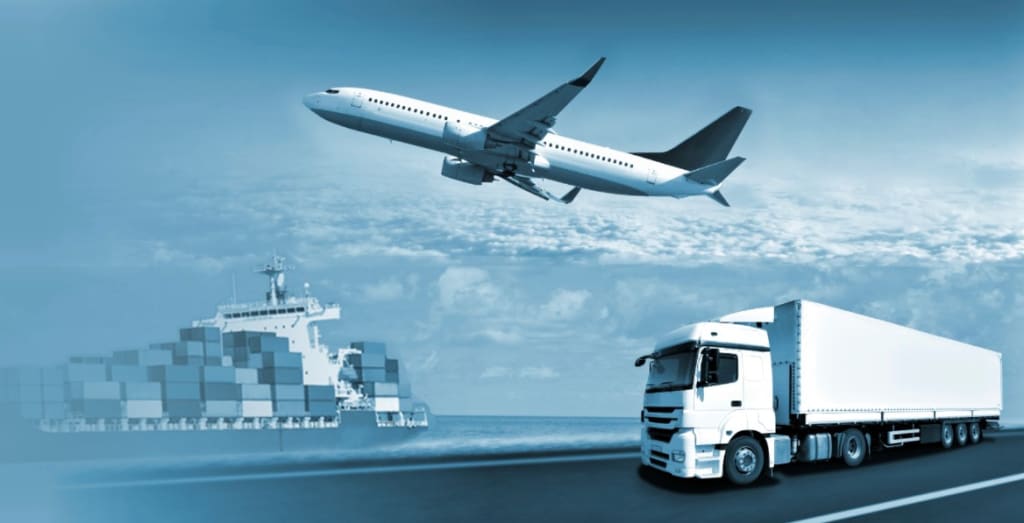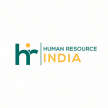What is an Advance License for Exports in India?
Advance Authorization Scheme ASS can be described as an incentive program offered by the Indian Government via its government agency, DGFT - director general of foreign trade.

An exporter can import raw materials and related inputs through the Advance Authorization Scheme AAS. This scheme exempts them from all duties. This category licenses the importer to contact DGFT. The government determines value addition according to the standard input/output norms. Once you satisfy the export obligation with licensing authorities, you can sell the manufactured product in the domestic market.
What is Advance Authorization Scheme (AAS)?
The Indian government offers an advance authorization scheme (AA) which provides a duty-free exemption for exporters. It is offered through the Directorate General of Foreign Trade(DGFT). It incentivizes the import of necessary raw materials or additives that are physically incorporated into a product that is bound to export. It can be used to produce fuel, oil, or power. Import of such inputs is allowed under the Advance Authorisation Scheme. The scheme also allows normal allowances for wastage. Public notices inform the DGFT about which products are to be added or removed from the scope of AA.
The Advance Authorisation Scheme was sometimes referred to in certain places as an Advance License'. The input-output relationship can be established using the guidelines included in the scheme. Also, eligibility, value addition criteria, and other aspects of the scheme will play a role.
Who is eligible for Advance Authorization?
The manufacturer exporter/merchant exporter can avail of the DGFT Advance License with a link to the supporting manufacturer. It's also available to sub-contractors for projects where the name and address of the subcontractor appear in the contract. This applies in cases of supply to the UN or other aid programs. All payments for these types of contracts must come in freely convertible foreign currencies.
It can only be used to export physical goods, such as to SEZs or intermediate supplies. The duty-free benefit applies to the import of mandatory spares if they are to be provided with an export item.
Advance Authorization's validity
Advance Authorizations last 12 months from the date of issue. If the project is deemed to be exported, the Authorization will be valid for 12 months starting from the date of issue. However, the Export Obligation may be fulfilled within an 18-month period or as notified in writing by the DGFT. Except where otherwise noted, export proceeds should not be paid in any currency that is not freely convertible.
The following are the grounds for issuing an Advance License
You can apply for an advance authorization license to export inputs on the basis of these:
Standard Input Output Norms notified (SION): On the recommendation by the Norms Committee the Director-General, Foreign Trade (DGFT), issues standard norms that determine the amount of input needed in the production of an output product that will eventually be exported. It is available for a wide variety of products.
Self-declaration: An application can be made to the Regional Authority, which will issue the Advance Authorization after review.
Application before the Norms Committee Fixes the SION: Exporters who do not know the SION are able to apply to the Norms Committee and request the same. After receiving all required information, the committee will try to either fix the norms or provide ad hoc norms based on the application. These ad hoc norms can only be used once and can not be repeated.
Self Ratification scheme: Only exporters with an Authorized Economic Operator (AEO), Certificate under the Common Accreditation Programme CBEC are eligible for Advance Authorization. This Scheme is for exporters who do not wish to use additional inputs, or where there are no SIONs or valid Adhoc norms for a product. This scheme doesn't require approval by the norms committee. The regional authority may issue Advance Authorization after fulfilling the applicable conditions.
Advance Authorisation Scheme: Export obligation
Advance Authorisation beneficiaries have an export obligation in respect of the export value that must be met within a set time. It is included in the authorization and failure to fulfill it within the prescribed time frame can result in sanctions. When the EO is achieved, one must retain the evidence and be able to provide it when necessary. The period stated is 18 months starting from the date the advance authorization was issued. However, inputs such as supplies for turnkey projects, defense, military, or aerospace can have a different time limit.
Advance authorization licenses for items that are notified according to the standard input/output standards are required. Exporters are required to report on their export performance for the past two years. The CIF value must not exceed 15% for exports. Many experts are available to assist with the Advance Authorisation Scheme and EPCG Scheme. They can also help you to receive Advance Authorisation Scheme Beneficiaries through DGFT & Customs.
About the Creator
Human Resource India
Hire The Right Candidates - Optimize your Workforce & Grow Your Business.






Comments
There are no comments for this story
Be the first to respond and start the conversation.